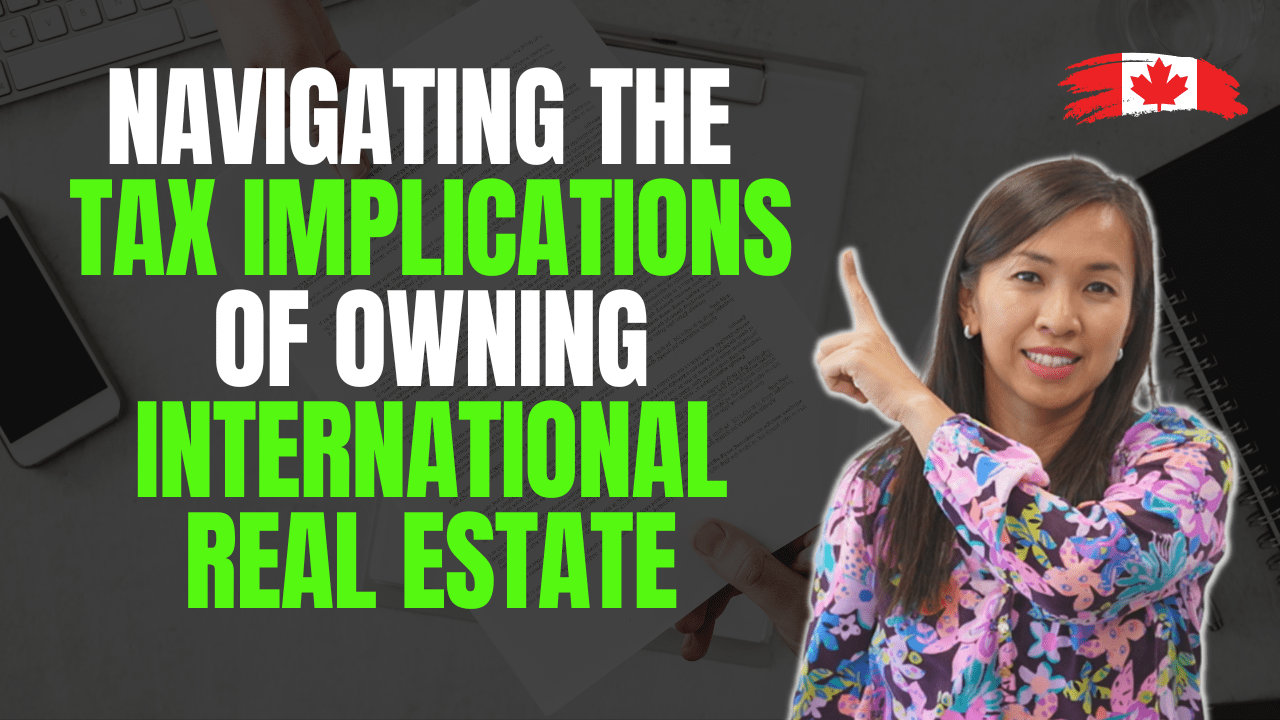I was doing the regular accounting class for Rock Star members this past Saturday. It was a full house.
I presented the updated material incorporating all the tax changes that are happening in 2016 and forward.

Specifically, the small business rate on active income is going down from 15.5% to 13.5% gradually in 2019.
Yes, the small businesses are getting a tax cut. It’s like the government is encouraging you to have your own business.
Imagine you make $100K in the corporation, you pay $13,500 tax within the corporation.
If you were to earn the same amount in your name as employment income, you have to pay $26K of tax.
You can save half of the tax and invest the extra $13K into your real estate portfolio! How awesome would that be! Alternatively, you could look at other types of projects that might make your business some more money. Instead of purchasing a single property here and there, why not consider purchasing a bigger development project. If you decide this is for you, it might be too much work to take on yourself.
Realistically, we cannot keep all the money in the corporation; we also need some money to pay for our day to day expenses.

Because a corporation is considered a separate legal entity from its individual shareholders, there is always a tax implication when you take the money out from the corporation.
Here are the five different ways you could use to take money out from the corporation.
- Repayment of shareholder loan
Many real estate investors setup a corporation to own their real estate portfolio. The corporation is brand new and does not have any money to invest in any properties. When there is sufficient cash flow accumulated within the corporation, the real estate investors could repay their initial loan to the company.Repayment of loan is tax free. No tax implication to the real estate investors’ personal tax returns.
- Paying a salary to yourself Like any other businesses, you can always pay yourself a salary to take money out from the corporation.The salary is a deductible expense to the corporation, but taxable in the hand of the recipient.The corporation will also incur the employer portion of Canada Pension Plan (CPP). All employers in Canada are responsible to contribute to CPP for its employees.Paying a salary also means that you will have to register for a payroll account, remit the monthly source deductions including CPP, EI and tax withholding to the government. And at the end of each calendar year, you are also required to prepare the T4 information return to the government.Tax on the real estate investors is calculated based on the marginal tax rate of the investor and the amount of the salary they receive from the corporation.
- Paying a dividend to yourselfAnother option to take money out from the corporation is to declare a dividend to the shareholders.Because the corporation already pays the tax, dividend income is generally taxed at a lower rate in the shareholders’ hands compared to salary.If the real estate investors do not have any other income, they are entitled to receive $34K without paying any tax (except the Ontario Health Premium).
- Selling a property to the corporation you ownFor some of the veteran real estate investors, you may be able to refinance your properties within the corporation and pull out a large amount of equity from your portfolio.When you do take out the money from the corporation, be careful with the tax consequences on it. If you have already repaid all the shareholder loan and wish to minimize the tax liability to pull out the equity, you can consider selling some personally owned properties to the corporation.Depending on the type of properties you sell to the corporation, you may be able to do it on a tax free basis. You can then pull out a large amount of capital.
- Borrow money from the corporationYou have to be very careful with borrowing money from the corporation. If you do, the loan must be repaid within two years. Otherwise, you will have to take the full amount into income on your individual personal tax return. Is there a way to borrow money from the corporation tax-free long term? Yes, there is. This is only possible if you are borrowing money from the corporation in the capacity of an employee. What it means is that the corporation would have an established policy allowing employee loans.Unfortunately it is hard to establish and prove that the real estate investors are borrowing money from their own corporations in the capacity of employee given that the real estate corporations usually do not employ anyone.Hence, “borrowing money” from the corporation is usually not advisable.
A corporation offers a lot of flexibility to lower your overall tax liability. Because it is a separate legal entity and it is taxed differently, different tax implication can be resulted when you take money out from it.
Make sure you consult a professional accountant when you take the money out.
Until next time, happy Canadian real estate investing.
Cherry Chan, CPA, CA
Your real Estate accountant






personalloanscomparison.org
I ‘m fairly certain that you may be correct with this.